Exploring the Cultural Significance of Orisha Soup Tureens
Orisha soup tureens are more than just ornate dishes used to serve soup; they hold a special place in the cultural fabric of many communities. In this blog, we will dive into their historical origins, explore the symbolic meaning they carry, and understand how they continue to influence contemporary practices. Join us as we uncover the fascinating world of Orisha soup tureens.
The Historical Journey of Orisha Soup Tureens
The origins of Orisha soup tureens can be traced back to ancient times, where they were not only used for culinary purposes but also held ceremonial significance. These beautifully crafted vessels have evolved over the centuries, retaining their importance in various cultural rituals. In many cultures, these tureens became a form of artistic expression, symbolizing the deep connection between humanity and the divine. Pottery and porcelain crafts emerged, allowing artisans to infuse their cultural narratives into each piece. For instance, in Yoruba culture, each tureen is imbued with meanings that resonate with stories of family, community, and spirituality. Discover the significance of the Polvera Ibeyis, a tureen that embodies the joy and protection of the divine twins, Ibeyis.
The tureens crafted by cultures around the world show us how these objects were an integral part of everyday life. Their forms and functions were adapted and transformed to suit the religious and social needs of the time. Historical accounts reveal that Orisha soup tureens have been used in religious rites as a way to honor deities, such as Olokun and Yemaya. These tureens like the Potiche Olokun / Yemaya are often used during offerings and prayers for blessings related to the sea, symbolizing the depth and mystery of the ocean. Serving as both a practical and symbolic artifact, they represent a synthesis of tradition and utility, crafted with an intention that reaches far beyond mere craftsmanship.
Symbolism and Meaning in Orisha Soup Tureens
Orisha soup tureens are rich in symbolism, often representing abundance, community, and the divine. The designs and decorations on these tureens are imbued with meaning, each pattern telling a story or conveying blessings. This section will delve into the artistry and cultural narratives held within these objects. The golden hues of pieces like the Sopera Oshun are chosen to symbolize wealth and fertility, honoring Oshun, the Orisha of love and prosperity. These tureens are believed to channel the strength and vibrancy of the deities they represent, and are often filled with sacred offerings during ceremonies.
The symbolic weight these tureens carry is further highlighted by their ability to connect individuals with their ancestry and cultural heritage. Each tureen, whether adorned with images of the divine or simple motifs of nature, serves as a bridge between the spiritual and the physical world. The Soperita Ibeyis represents the innocence and protection that the Ibeyis, revered divine twins, offer. Through their artistry, these tureens manifest blessings of harmony and guidance, turning every communal feast or ritual into a sacred act of remembrance and honor.
Decorated with intricate patterns, Orisha soup tureens often feature imagery that reflects cultural myths and values. The recurring theme of duality in patterns can be seen to reflect the balance and dual nature inherent in many cultural teachings. Explore more about the dual representations in the Small Potiche Orula / Ibeyis, which merges the energies of wisdom from the Orisha Orula and the jovial spirit of the Ibeyis. These dual elements remind practitioners and believers of the balance within their spiritual practices.
Modern-Day Practices and Adaptations
Today, Orisha soup tureens continue to play a role in contemporary cultural practices. While they maintain their traditional significance, they have also adapted to modern lifestyles. We will explore how these tureens are used in today’s rituals and gatherings, and how they inspire new interpretations and creative uses. In modern homes, Orisha tureens are sometimes repurposed as decorative elements, serving as both a nod to one’s heritage and a beautiful centerpiece that invites curiosity. Practitioners find new ways to integrate these items into their rituals, incorporating them into various ceremonies, and embracing their versatility as spiritual artifacts that bridge past and present.
As society evolves, so does the use and interpretation of cultural items like Orisha soup tureens. They have found a place not only in spiritual settings but also as educational tools in museums, where they are showcased to teach others about the rich history and cultural connections they embody. In such spaces, the tureens are recognized not just as sacred objects, but also as artwork that encapsulates stories of migration, adaptation, and cultural resilience. Through exhibitions, they inspire conversations about spirituality, tradition, and identity, making them relevant in a rapidly changing world.
Reflecting on the Richness of Orisha Soup Tureens
In understanding the cultural significance of Orisha soup tureens, we gain insight into a rich tapestry of traditions, beliefs, and community practices. They are not simply vessels for soup; they represent a history and culture that is vibrant and alive today. As these tureens continue to be used and appreciated, they connect us to a shared heritage and remind us of the unity and diversity within community practices. Explore our collection of sacred Orisha soup tureens here and honor your Orisha with elegance.





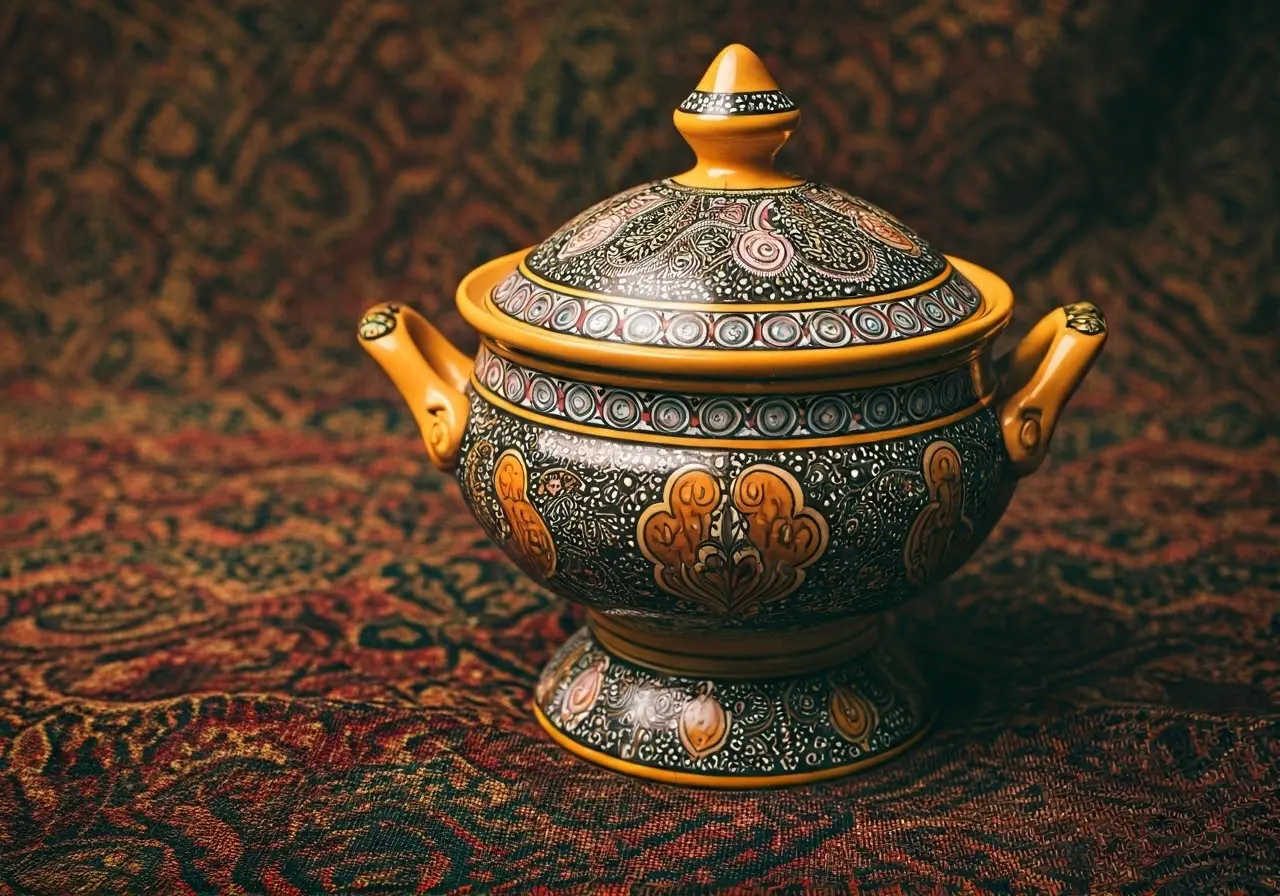



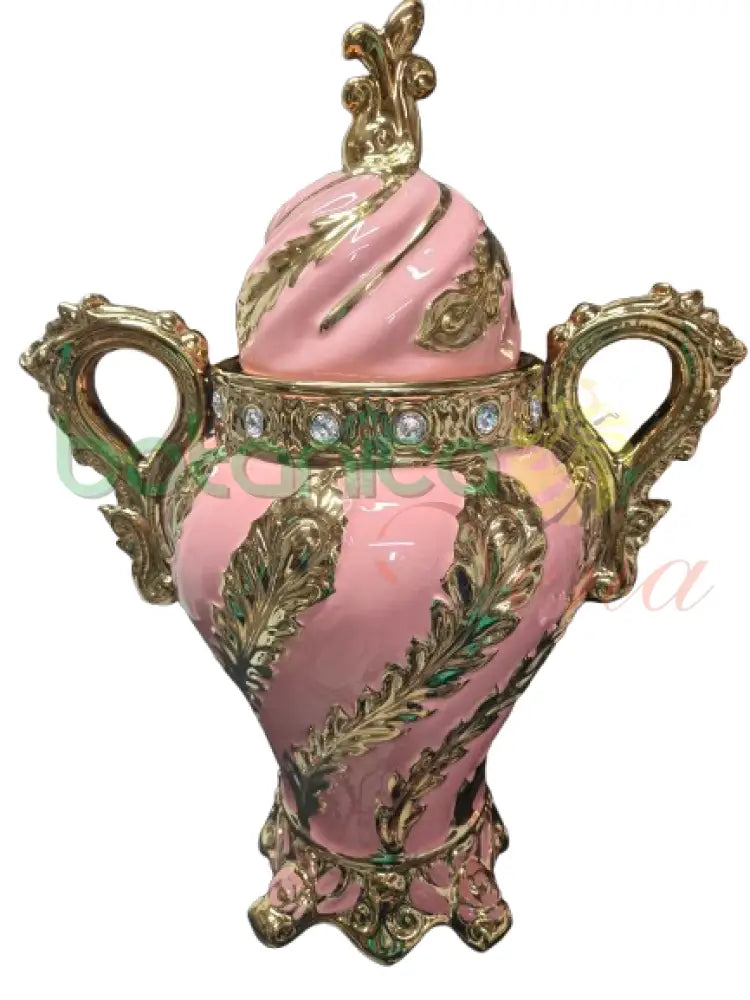
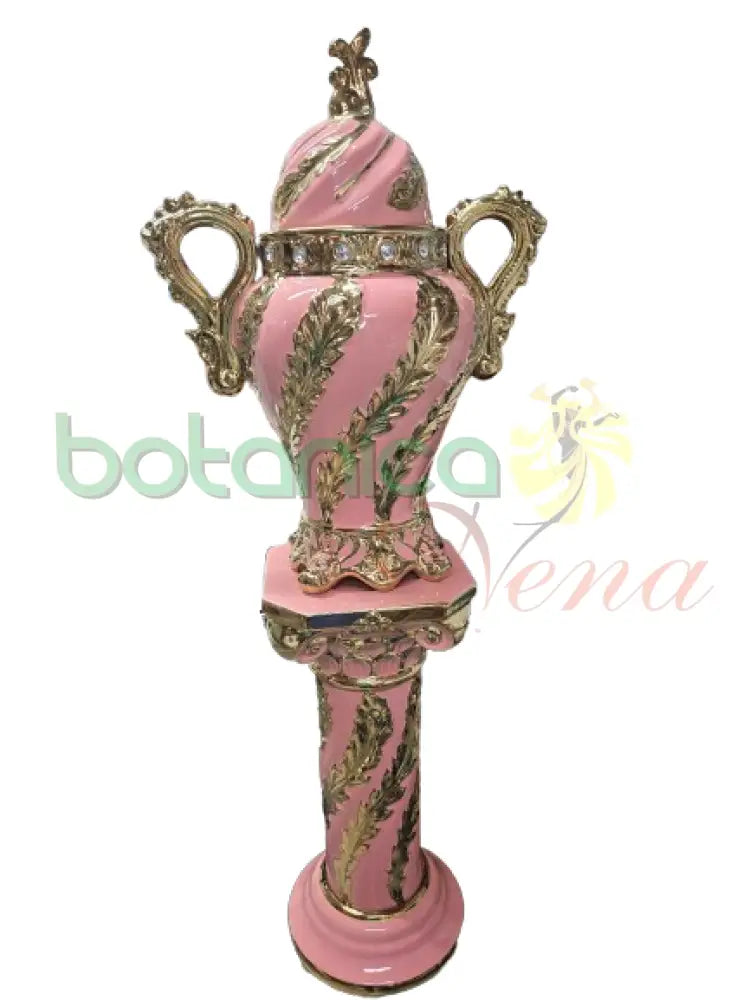
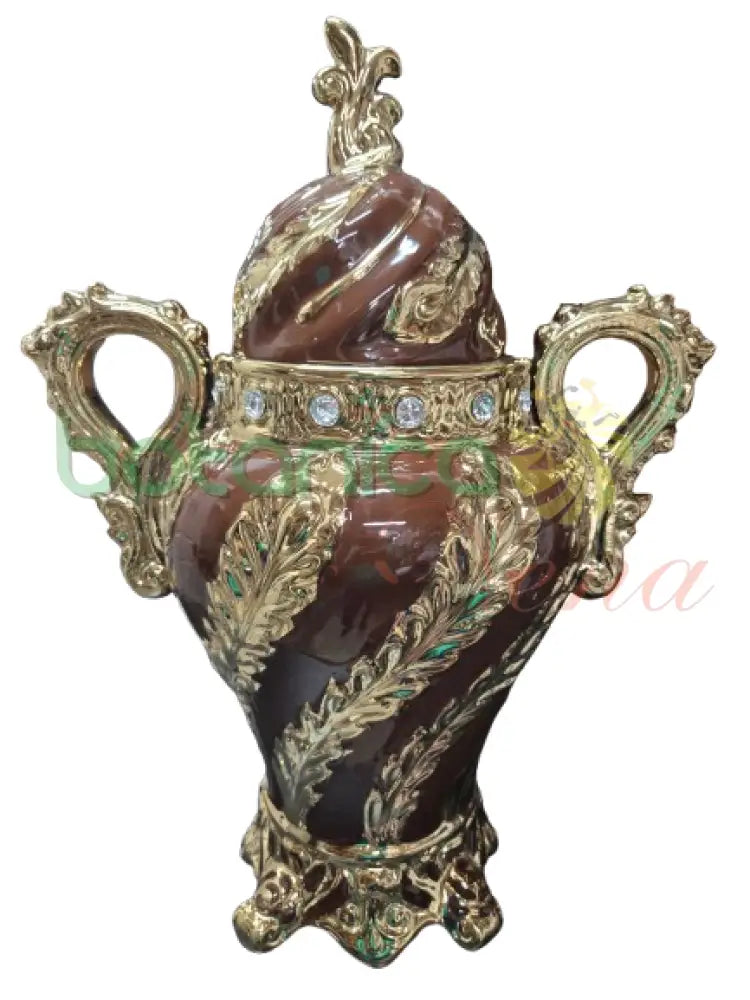
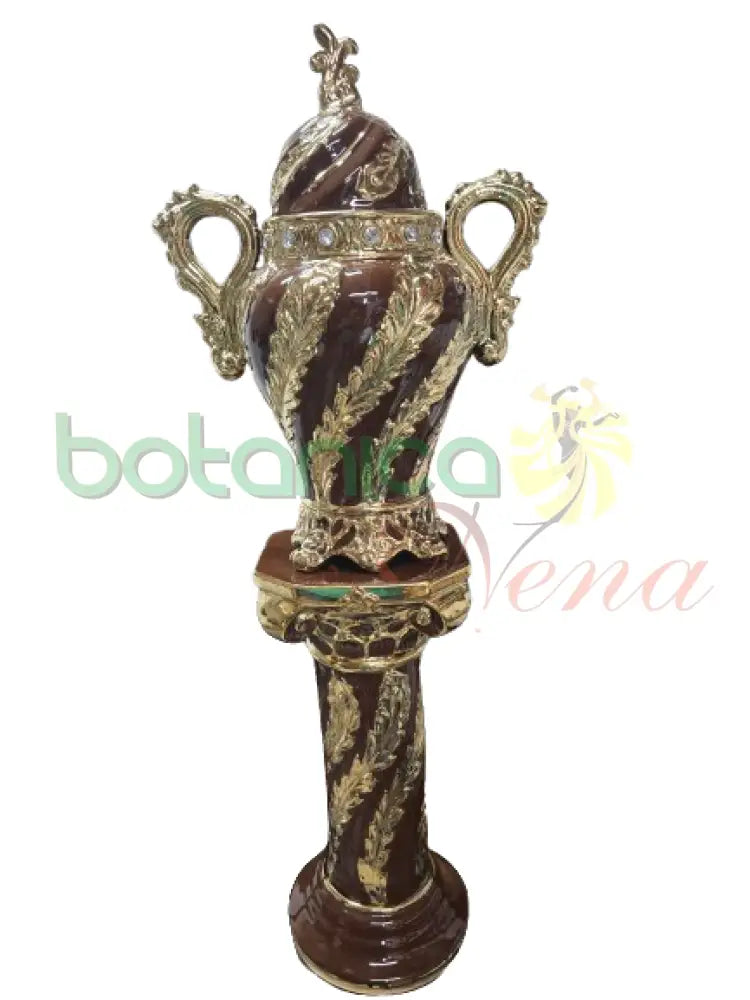
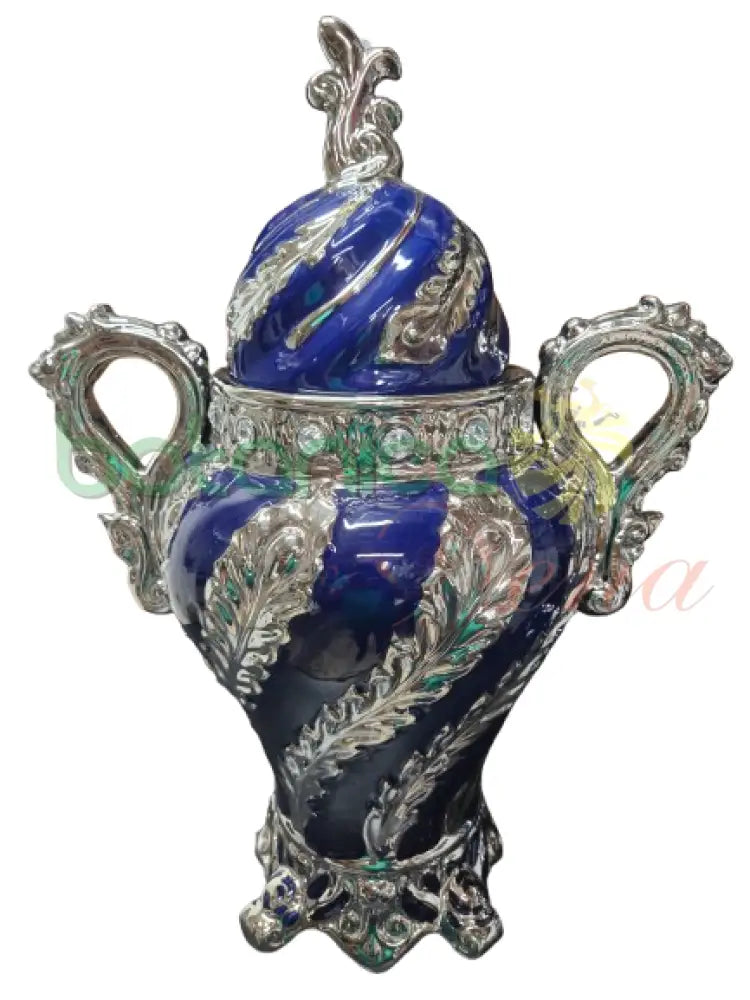
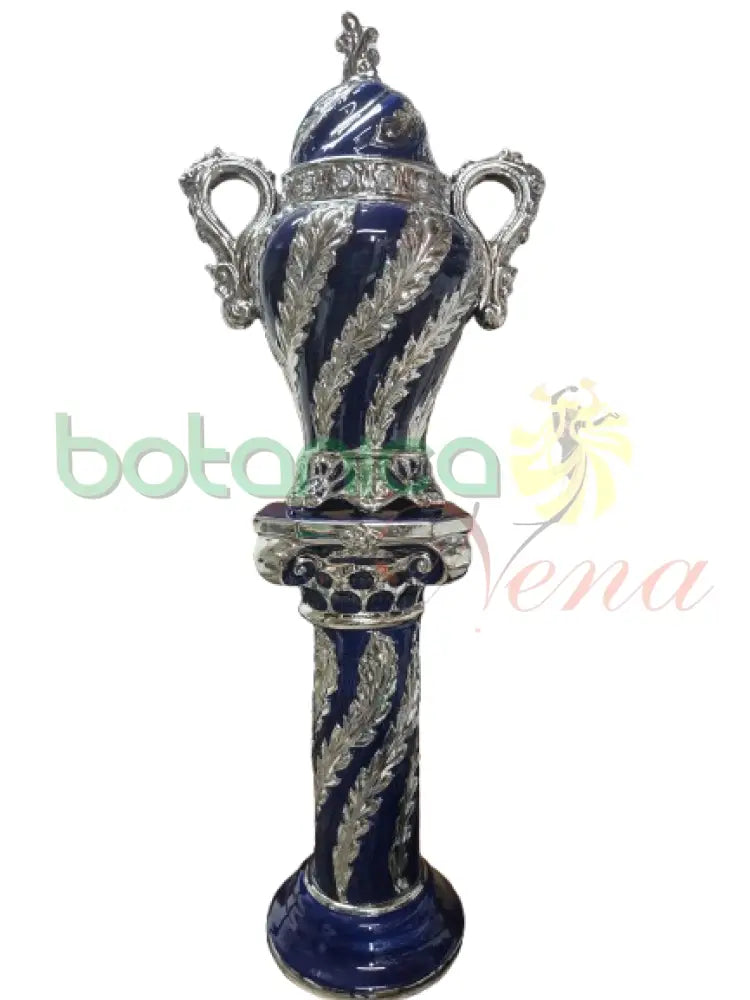
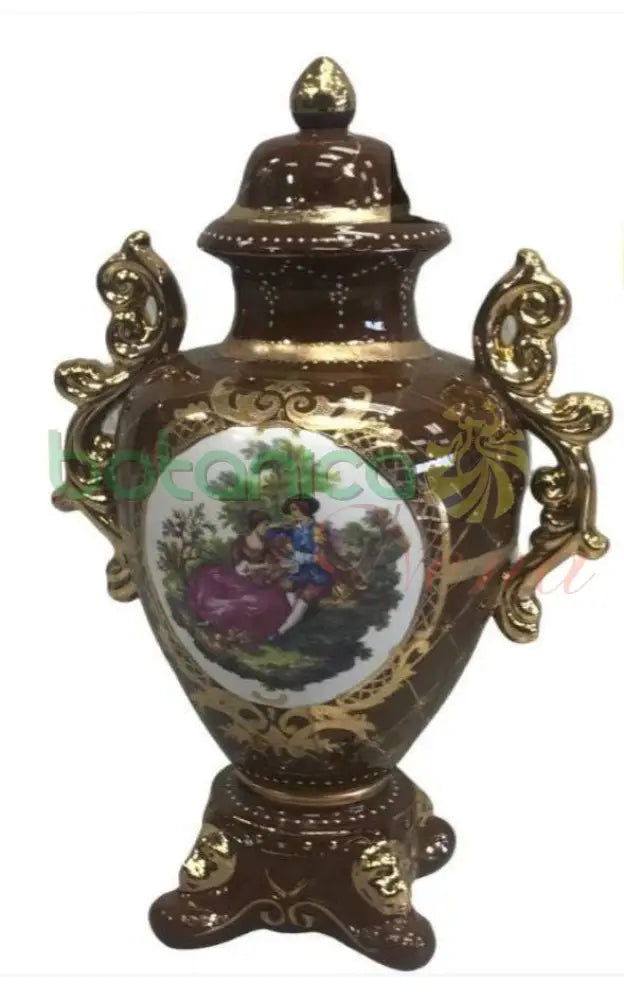
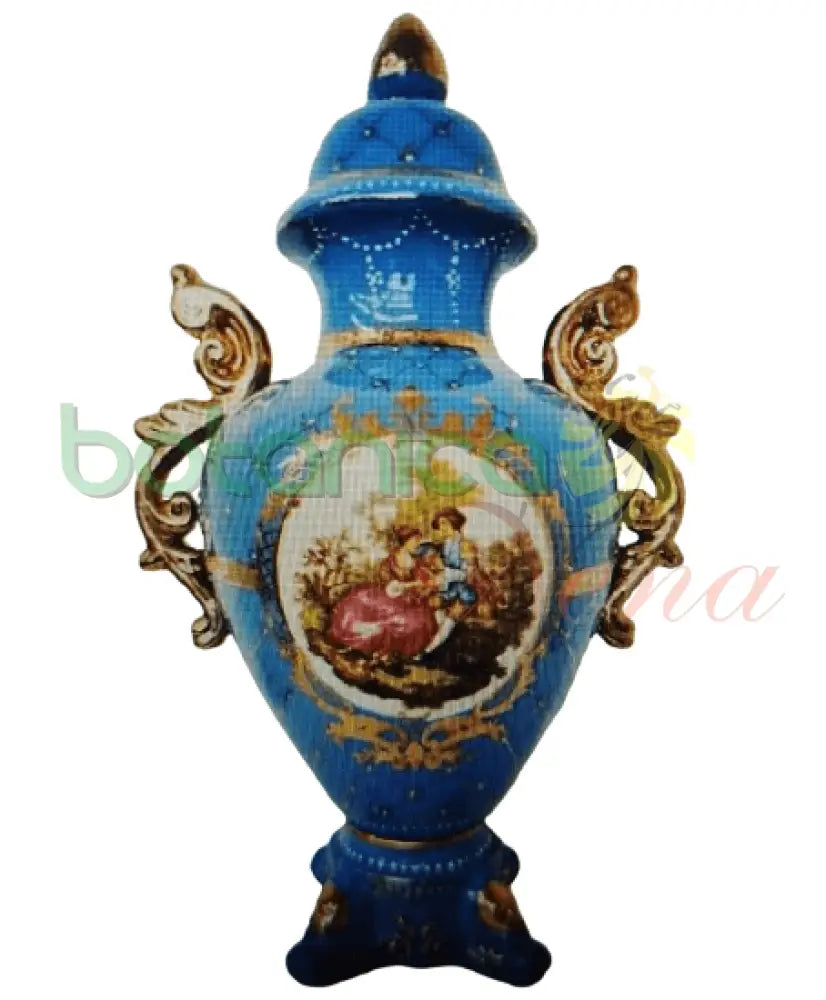
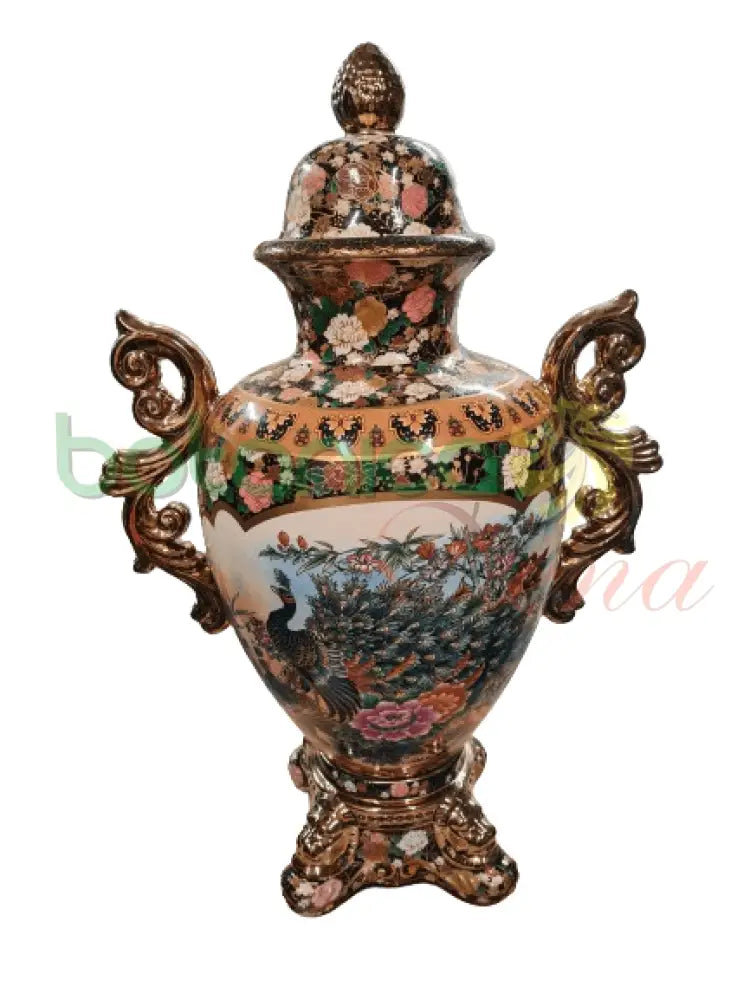
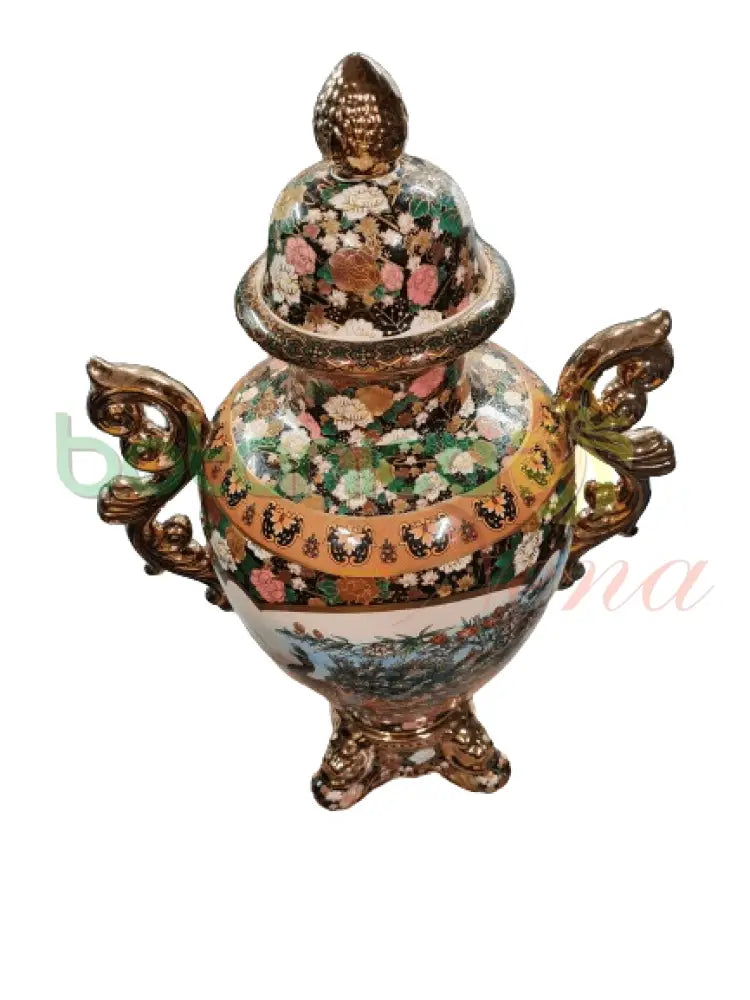
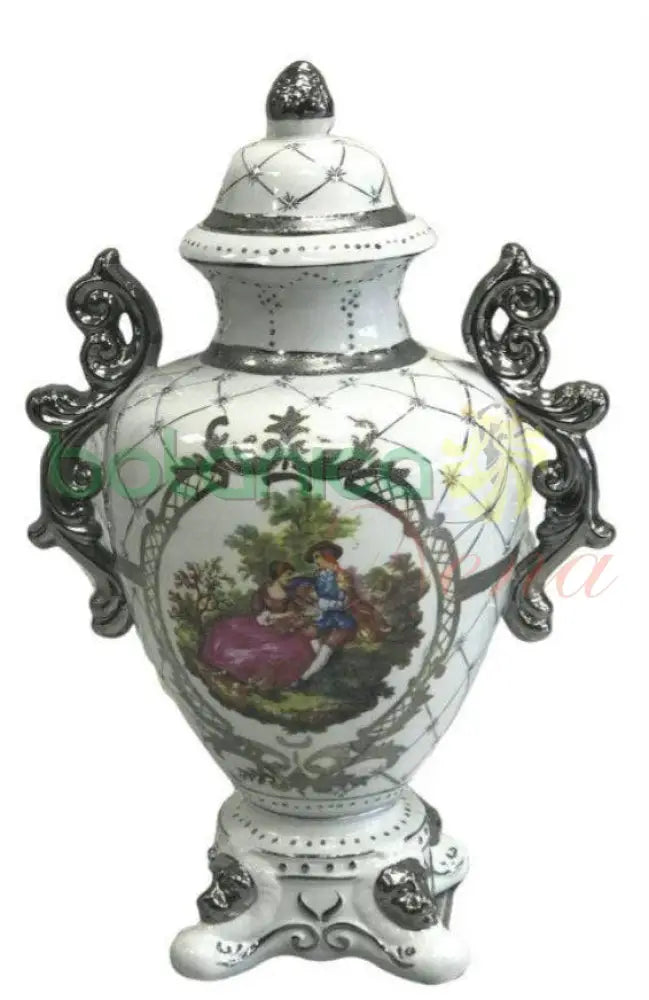
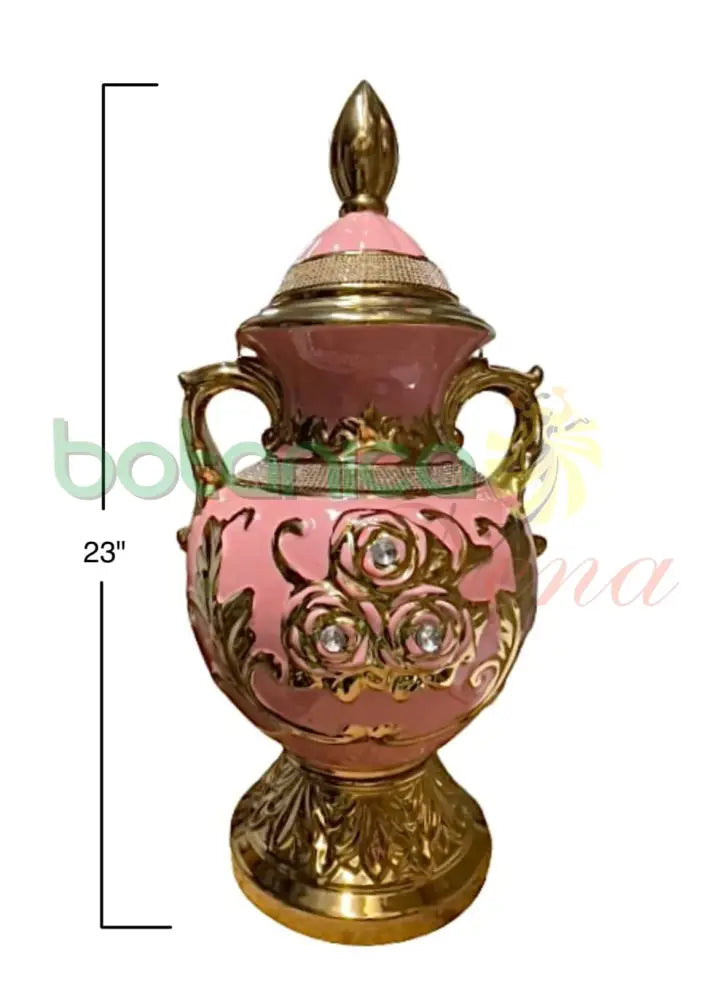
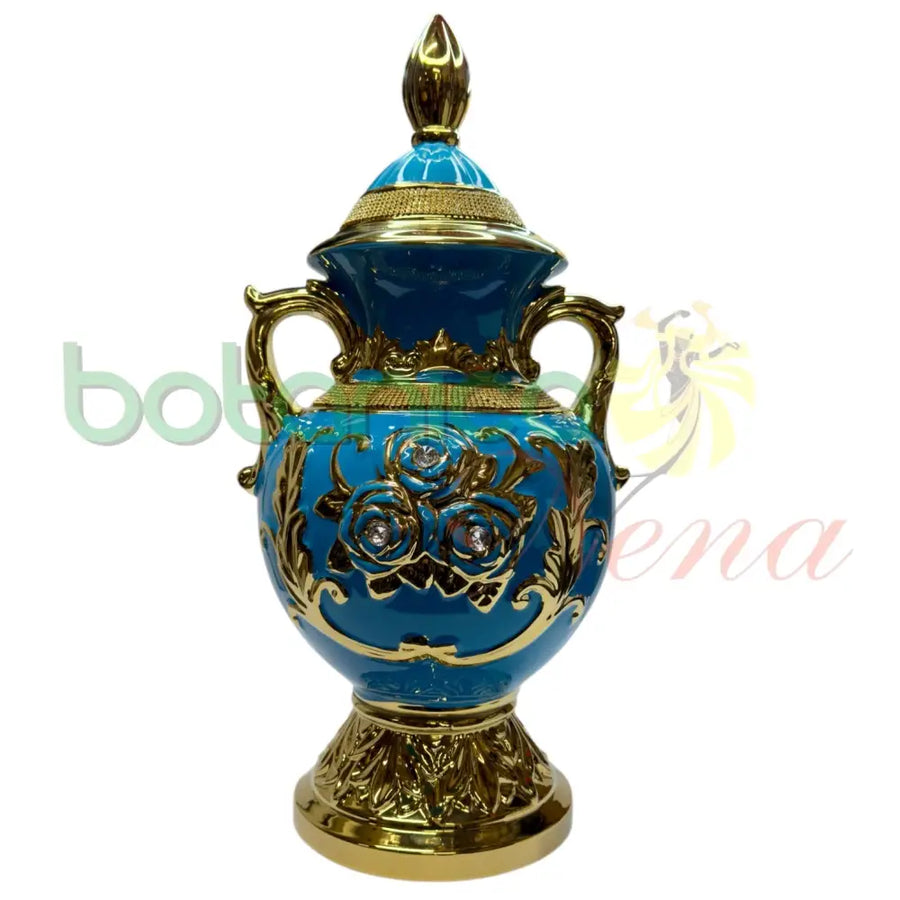
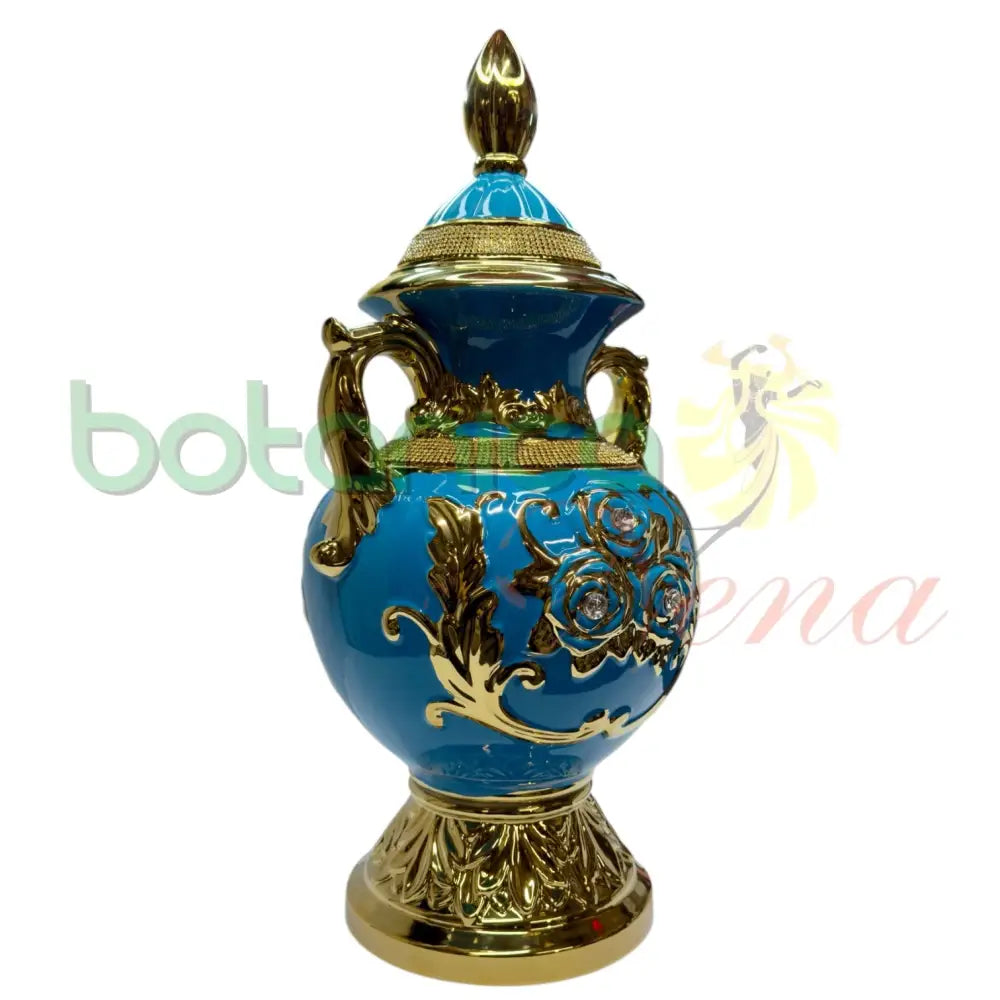
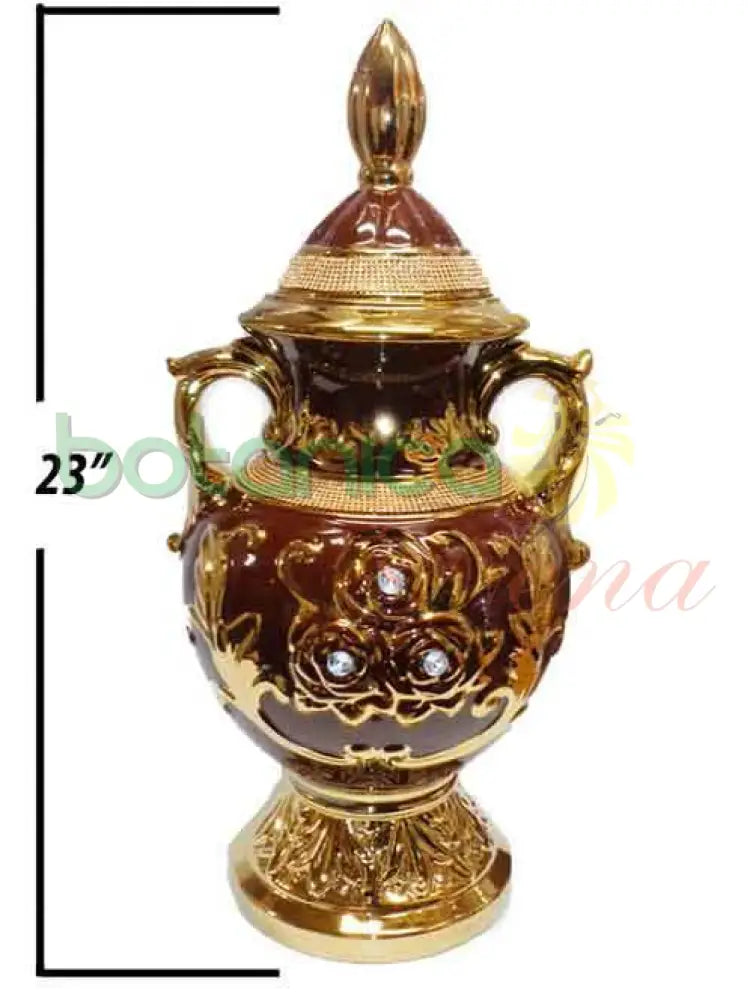
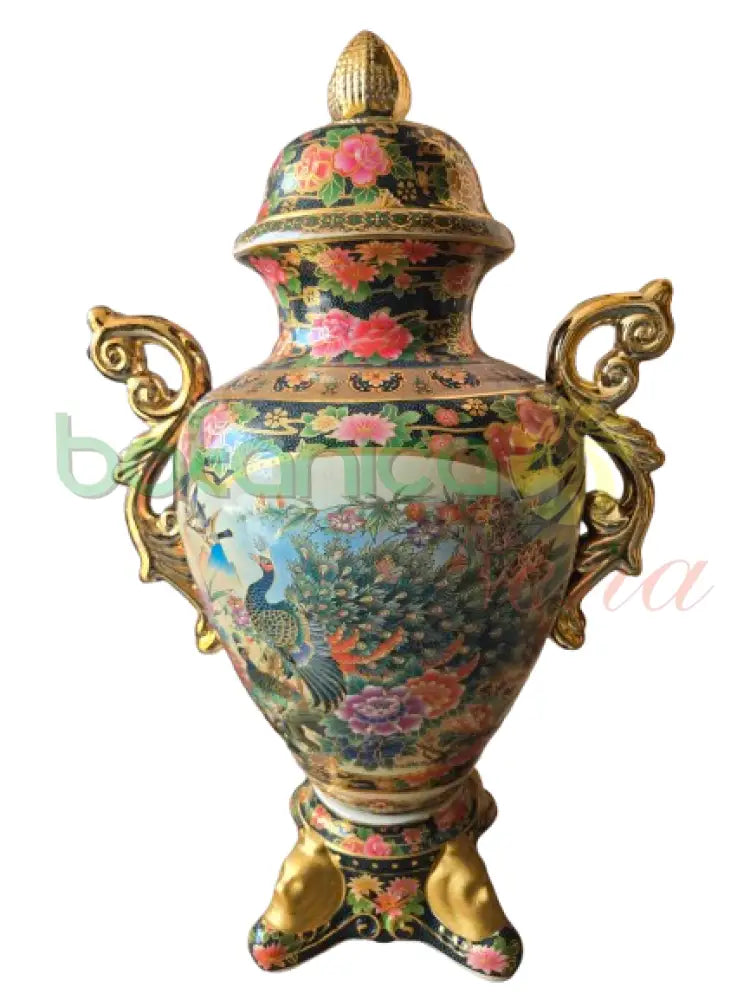
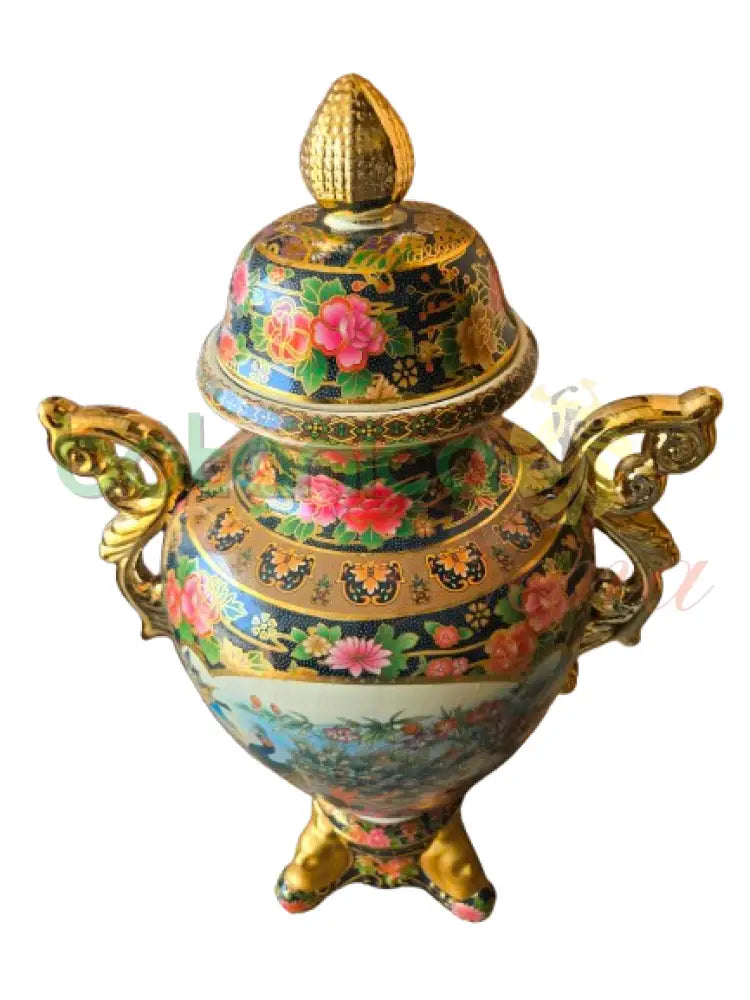
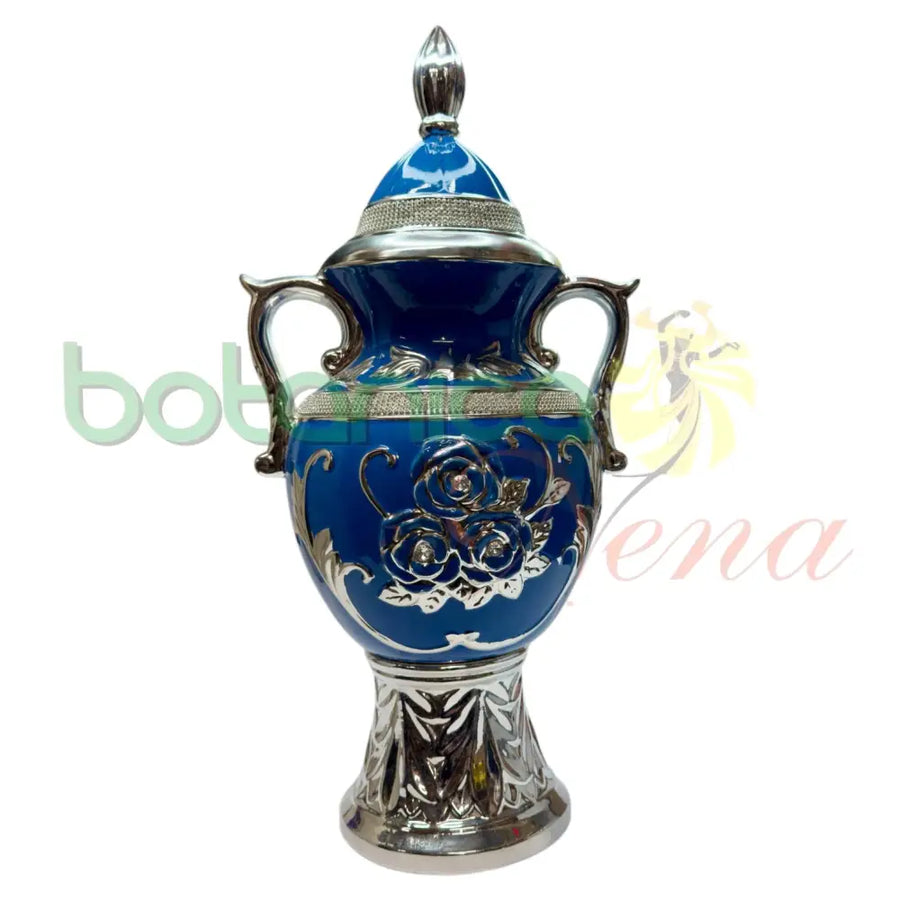
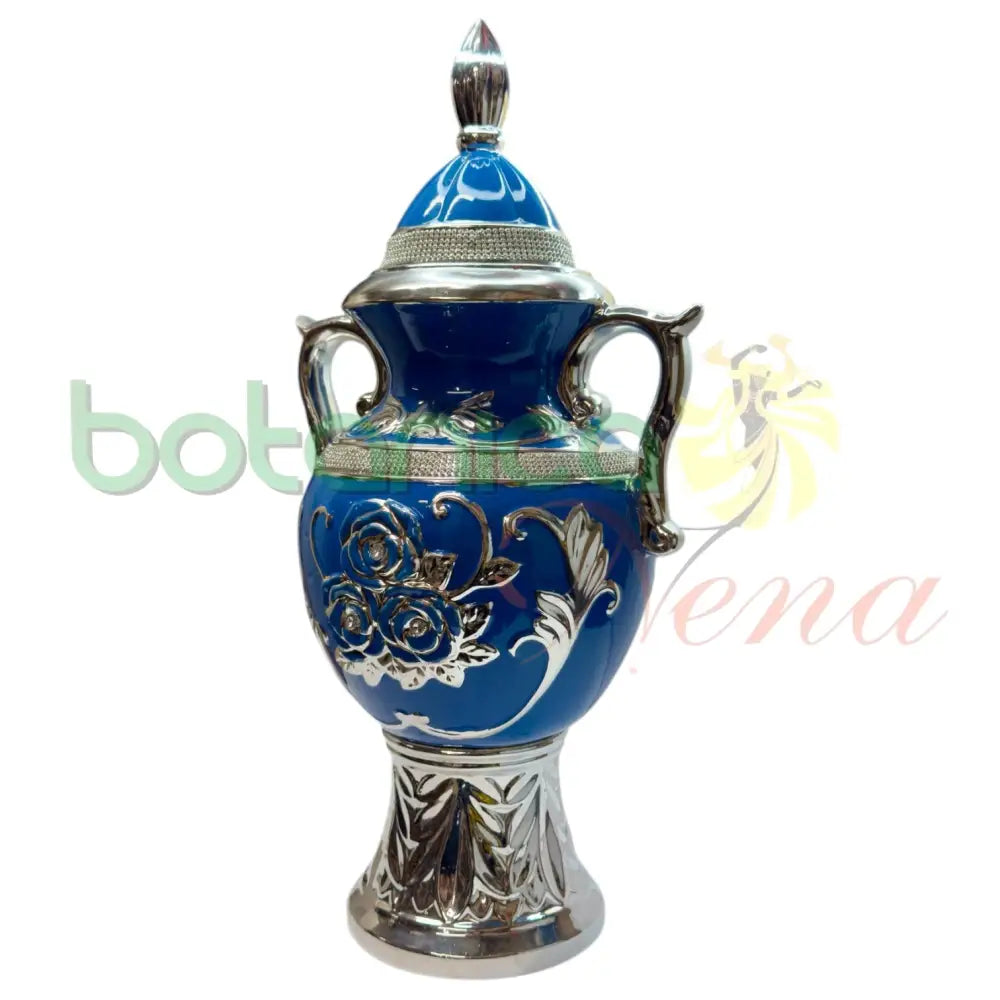
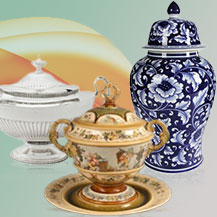
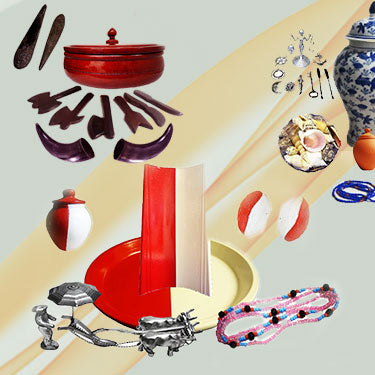


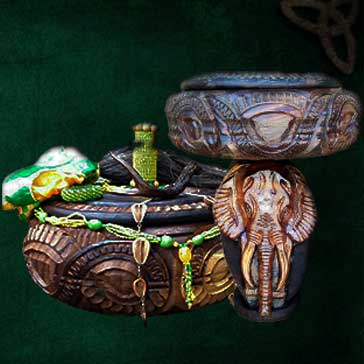

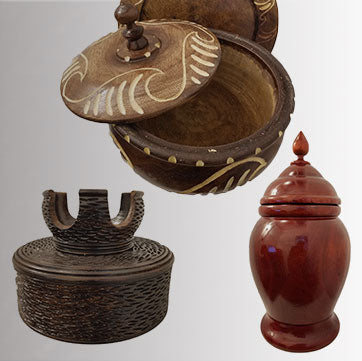
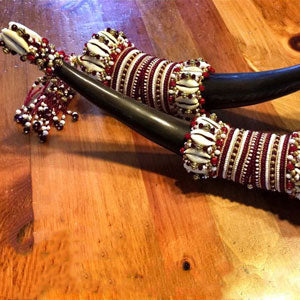



Dejar un comentario